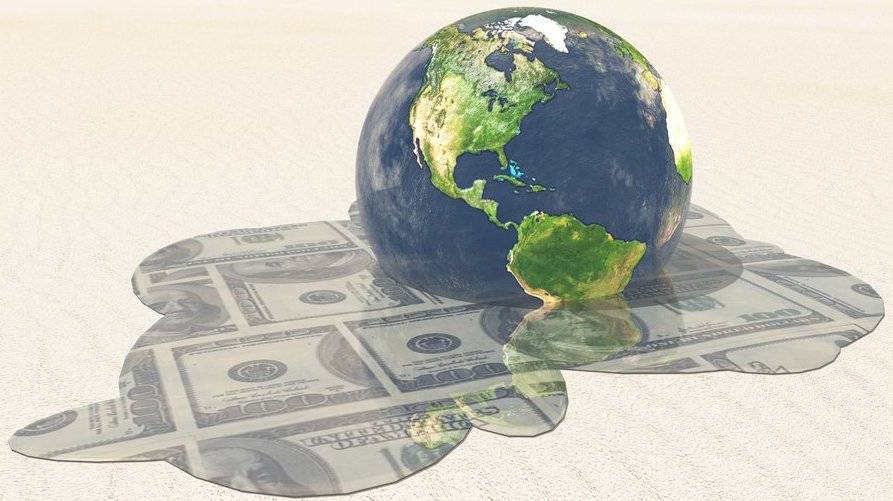THE ECONOMICS OF CLIMATE CHANGE: INVESTING IN A SUSTAINABLE FUTURE
Introduction:
Climate change is a global challenge that demands urgent attention and action. The consequences of rising global temperatures, extreme weather events, and environmental degradation are becoming increasingly apparent. However, amidst the growing concern, there is a glimmer of hope—the recognition that tackling climate change can also present economic opportunities. This article explores the economics of climate change and the importance of investing in a sustainable future.
The Cost of Inaction:
Failing to address climate change carries significant economic costs. The Intergovernmental Panel on Climate Change (IPCC) warns that if greenhouse gas emissions continue to rise unchecked, the costs of adaptation and mitigation will increase exponentially. The damage caused by extreme weather events, declining agricultural productivity, and the displacement of communities can have far-reaching consequences for economies worldwide. By investing in a sustainable future, we can mitigate these risks and potentially save trillions of dollars in the long run.
The Green Transition:
Transitioning to a low-carbon economy is an essential step towards mitigating climate change. This shift involves reducing greenhouse gas emissions, increasing energy efficiency, and adopting renewable energy sources. While the transition requires significant upfront investments, it also presents numerous economic opportunities. Renewable energy technologies have become more cost-competitive, leading to job creation and fostering innovation. According to the International Renewable Energy Agency (IRENA), doubling the share of renewables in the global energy mix by 2030 could increase global GDP by over 1%—equivalent to around $1.3 trillion.
Sustainable Infrastructure:
Investing in sustainable infrastructure is a crucial aspect of combating climate change. The infrastructure we build today will shape our carbon footprint for decades to come. By focusing on sustainable urban planning, public transportation, and renewable energy infrastructure, we can significantly reduce emissions and promote economic development. Moreover, sustainable infrastructure investments have the potential to create jobs, improve public health, and enhance overall quality of life.
Green Finance and Investment:
The financial sector plays a vital role in addressing climate change through sustainable investing and financing. Investors are increasingly recognizing that incorporating environmental, social, and governance (ESG) factors into investment decisions can lead to better risk management and long-term returns. Green bonds, climate funds, and impact investing are some of the tools that facilitate investments in renewable energy projects, energy-efficient buildings, and sustainable agriculture. The momentum in green finance is growing, with major institutional investors and corporations committing to align their portfolios with climate goals.
The Role of Government:
Government policies and regulations have a significant impact on shaping the economics of climate change. To drive sustainable investments, governments must create a conducive environment through a combination of measures such as carbon pricing, subsidies for clean technologies, and research and development funding. Policy certainty and long-term planning can also provide the necessary confidence for businesses and investors to make sustainable choices.
Opportunities for Developing Countries:
Climate change disproportionately affects developing countries, which often lack the resources and infrastructure to adapt to its impacts. However, investing in a sustainable future presents unique opportunities for these nations. Renewable energy projects can increase energy access, reduce reliance on fossil fuel imports, and spur economic growth. Sustainable agriculture practices can enhance food security and improve livelihoods. Developed countries can support these efforts through technology transfer, capacity building, and financial assistance.
Conclusion:
Addressing climate change is not only an environmental imperative but also an economic necessity. The transition to a sustainable future presents a myriad of economic opportunities while mitigating the risks associated with climate change. Investing in renewable energy, sustainable infrastructure, and green finance can foster economic growth, create jobs, and improve overall well-being. To unlock the full potential of a sustainable future, governments, businesses, and individuals must collaborate to accelerate the transition towards a low-carbon and climate-resilient economy. By doing so, we can secure a brighter and more prosperous
future for generations to come.




No comments yet
Be the first to share your thoughts!